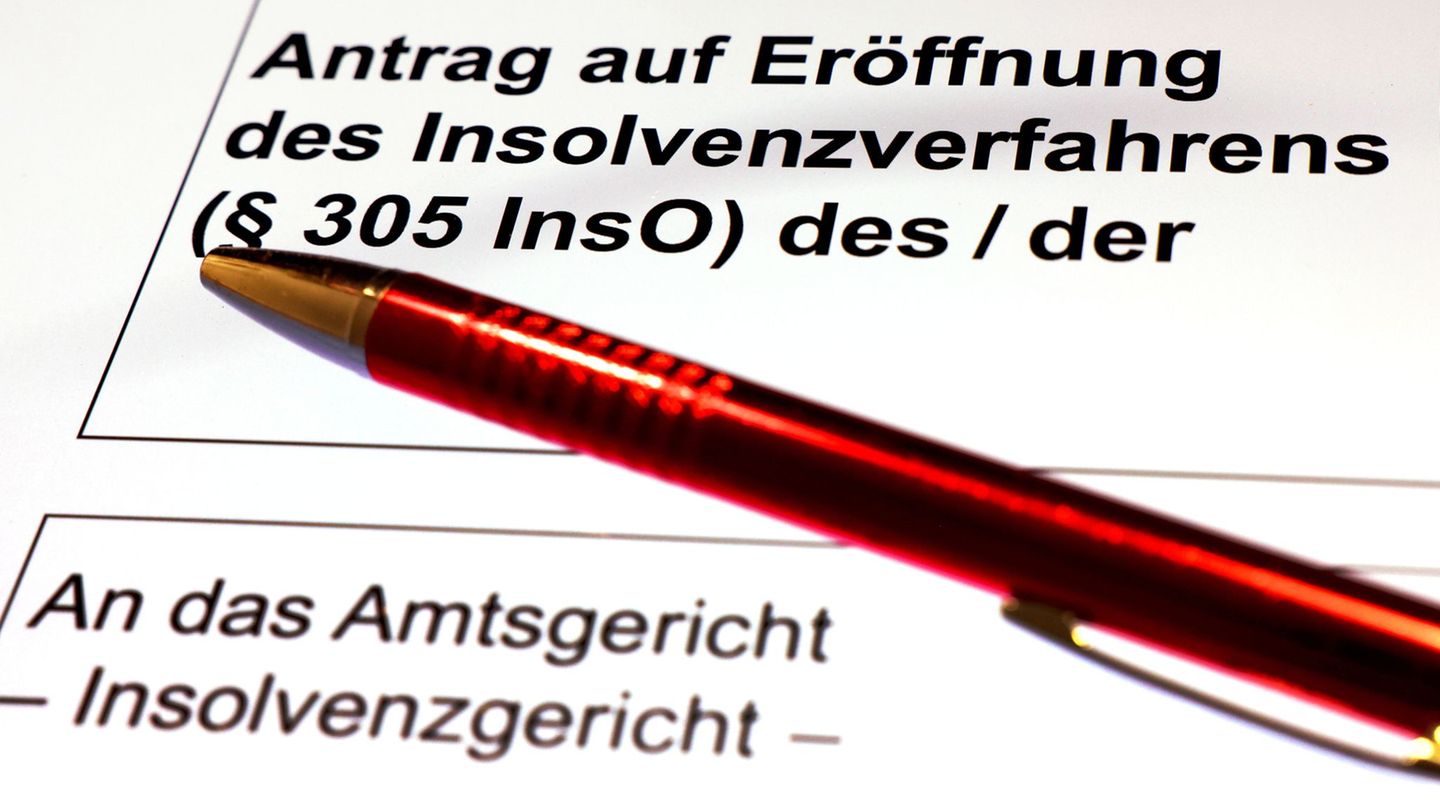Domestic oil and gas reserves are running out. However, the industry wants to continue funding for as long as possible. Companies do not see this as a contradiction to climate protection – on the contrary.
Domestic oil and gas production in Germany fell further in 2023. Nevertheless, according to the Federal Association of Natural Gas, Petroleum and Geoenergy (BVEG), the energy sources obtained primarily in Lower Saxony continue to make an important contribution to the energy supply in Germany. “It is therefore wise to maintain domestic production as long as this is possible,” said BVEG Managing Director Ludwig Möhring when presenting the annual report in Hanover.
Last year, 4.3 billion cubic meters of natural gas were extracted from the ground domestically, around ten percent less than the previous year. Domestic oil production fell from 1.7 to 1.6 million tons. According to the association, this corresponded to around 5.7 percent of domestic demand for gas, slightly more than in 2022, and unchanged to around two percent for oil.
There used to be up to 20 billion cubic meters of gas or more per year in the Federal Republic, but the reserves in conventional deposits are increasingly being exhausted. According to the BVEG, the natural gas reserves that can still be produced in Germany are 34.3 billion cubic meters, and the oil reserves are still 22.8 million tons.
Hydrogen and geothermal energy as new business areas
Given that production has been declining for years, the natural gas and oil industry is increasingly focusing on developing new business areas as part of the energy transition. Gas caverns and pipelines could be converted for “green” hydrogen or used as gas storage facilities for the storage of captured CO₂ from the cement industry, for example, said Möhring. And the drilling technology can be used to develop deep geothermal energy. However, new partners are needed here for the marketing of geothermal energy, which differs significantly from the oil and gas business.
According to Möhring, gas production can also be increased. Given dwindling reserves, major leaps are not possible. But if it were politically wanted, “we would be confident that we could sustainably produce ten to twenty percent more in conventional gas production than we do today.” And all without the use of the controversial fracking technology. So far, companies have shied away from investing because there is often local resistance to drilling and there is little support from politicians.
Better CO₂ balance than LNG
After the experience of the energy crisis caused by Russia’s war of aggression against Ukraine, Möhring appealed to politicians to clearly commit to continuing oil and gas production in Germany. “It’s not about extending the fossil era, but about making the transformation successful.” Gas will be needed as an energy source for the foreseeable future. And natural gas from Germany performs up to 30 percent better in terms of CO₂ balance than liquefied natural gas (LNG) imported from the USA.
Production could be increased even more if fracking technology could also be used in Germany, in which rock is broken up with chemical additives in order to get bound gas out of the ground. But he no longer has high hopes that the controversial technology will be approved in this country, said Möhring. Federal Economics Minister Robert Habeck (Greens) in particular spoke out against it. “There is a clear pre-understanding that this is not wanted,” stated Möhring.
Source: Stern




